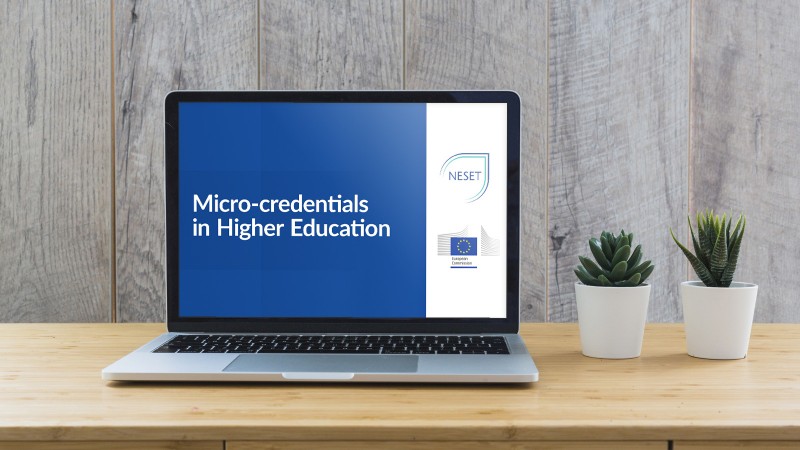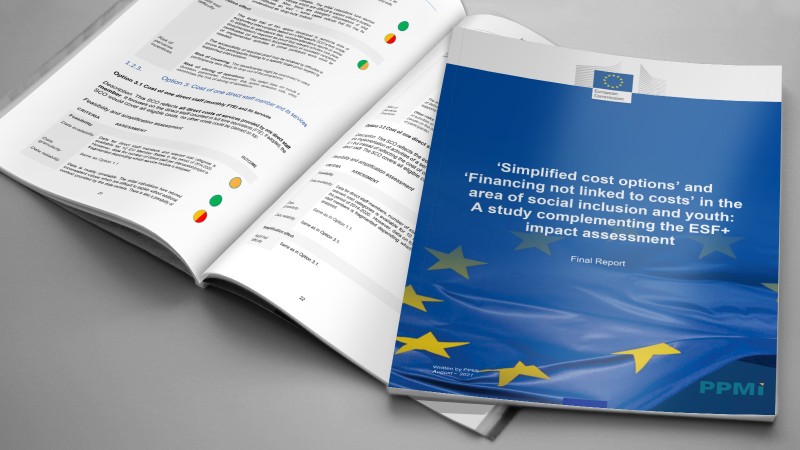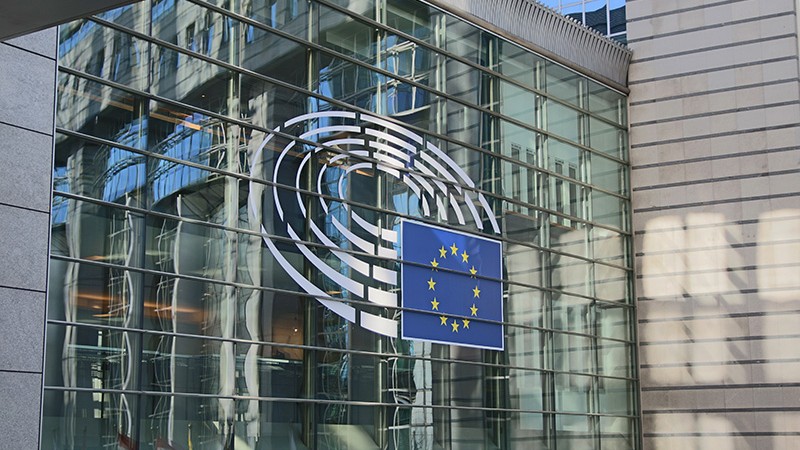In February, PPMI submitted analysis report of policies, programmes, services, budgets, and mechanisms addressing child poverty and social exclusion in Lithuania. This research contributes to the drafting of the Lithuanian National Action Plan on reducing child poverty and identifies the key challenges to achieving the goals of the European Child Guarantee in Lithuania. It provides an overview of the policies currently in place and recommendations ranging from improving access to free early childhood education and care (ECEC), to education, health care, healthy nutrition, and adequate housing.
ECEC services and education
Research showed that access to ECEC services and education remains a challenge in Lithuania. Not enough places are available in public ECEC centres (especially for the youngest children), and private for-profit services are very expensive. In addition, ‘hidden’ costs (such as meals and transport) exist even in the public sector, thereby rendering access to ECEC and education especially problematic for the most vulnerable children, such as children from low-income families, families at social risk, and children in rural areas. Due to the large group sizes in public ECEC centres and schools and a lack of learning support specialists, there is also a lack of inclusion with regard to children with SEN (Special Education Needs), disabilities, and children from minority groups.
Healthcare system and nutrition
According to our research, socio-economic disadvantages negatively influence children’s access to the healthcare system in Lithuania due to families’ inability to afford treatments, long waiting lists, long travel times or no means of transport, a lack of time due to parents’ working commitments, etc. Effective access to free healthcare requires improved access to healthcare services for the most disadvantaged groups such as children in low-income families and precarious family situations; a greater focus on children with disabilities and special needs, as well as Roma and migrant children; the development of mental health services and the improvement of after-school opportunities for children’s physical activity. In addition to this, parents with low incomes cannot afford healthy foods as these are often more expensive than less healthy alternatives. Families at social risk may lack knowledge regarding the importance of nutrition, and parents raising children in remote areas may face additional barriers of access due to a lack of transport or its cost. The most vulnerable children in access to nutrition are those from low-income families, families at social risk, and children living in remote rural areas.
Housing
As it was reported in the study, housing deprivation is a much bigger issue for children living in low-income families compared with other income groups of children in Lithuania. Effective access must be ensured to adequate housing and access to housing support services needs to be improved for the most disadvantaged groups in Lithuania: children in low-income households, children of single parents, children from large families, children with disabilities, Roma and migrant children. A greater focus should be placed on improving the income situation of families in Lithuania.
You can find detailed recommendations and the final report (in English and Lithuanian) here.








